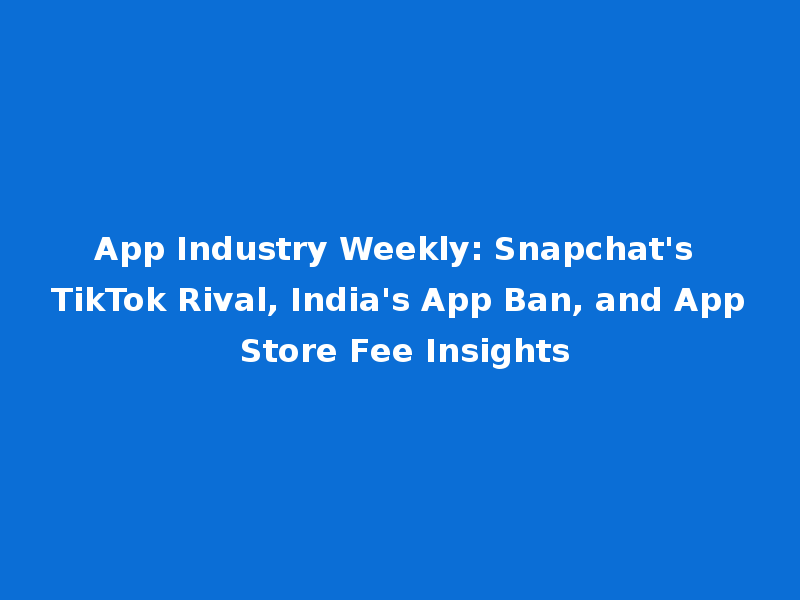Supreme Court to Rule on Landmark CFAA Case: Redefining ‘Unauthorized Access’
A Pivotal Moment for Cybersecurity Law
The U.S. Supreme Court is set to hear arguments in a landmark case that could reshape America’s controversial computer hacking laws—potentially affecting how millions use digital services. At stake is the interpretation of the 1986 Computer Fraud and Abuse Act (CFAA), a law critics argue is outdated and overly broad.
The Case: Van Buren vs. United States
The case centers on Nathan Van Buren, a former Georgia police sergeant who accessed a license plate database for personal gain. While authorized to use the system for police work, prosecutors argue he violated the CFAA by exceeding his permitted access. This distinction—between “authorized” and “unauthorized” access—is the crux of the legal debate.
Why This Case Matters
- Broad Implications: The ruling could affect everyday computer use, from password sharing to violating employer policies
- Security Research Impact: Clarification could either protect or endanger ethical hackers who expose vulnerabilities
- Legal Clarity: The 34-year-old law currently leaves much open to interpretation
The CFAA’s Controversial Legacy
Originally designed to prosecute malicious hackers, the CFAA has been criticized as:
- Overly vague in defining “unauthorized access”
- Potentially criminalizing common online behaviors
- Creating legal risks for security researchers acting in good faith
Orin Kerr, UC Berkeley law professor, calls this an “ideal case” for Supreme Court review, noting it presents the core legal question “cleanly.”
Potential Outcomes and Consequences
Legal experts warn the Court’s interpretation could range from narrow to extremely broad:
Narrow Interpretation
- Only clear breaches (like hacking without credentials) would violate the CFAA
- Protects security researchers and common password sharing
Broad Interpretation
- Could criminalize violations of terms of service
- Might include activities like:
- Lying on dating profiles
- Personal use of work computers
- Sharing streaming service passwords
Impact on Cybersecurity Research
The decision could significantly affect vulnerability disclosure:
- Positive Outcome: Clear protections could encourage more security research
- Negative Outcome: Broad interpretation might drive research underground
Several tech companies (Mozilla, Dropbox, Tesla) already offer “safe harbor” policies for ethical hackers. However, without legal certainty, researchers remain vulnerable to prosecution.
What’s Next?
The Supreme Court is expected to rule by early 2021. Their decision will:
- Clarify the boundaries of computer access laws
- Determine legal protections for security researchers
- Potentially require congressional action to update the CFAA
As Riana Pfefferkorn of Stanford Law notes: “We can ill afford to scare off people who want to improve cybersecurity.” This case represents a critical juncture for digital rights and online security in America.












